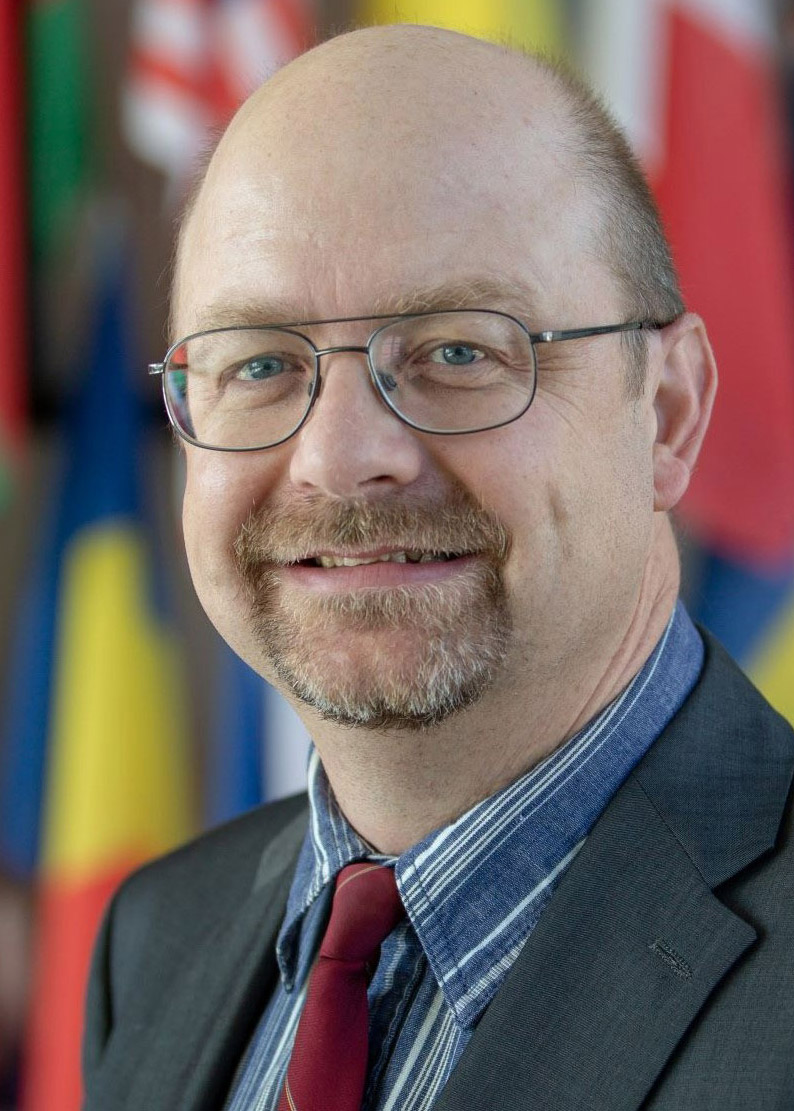Vladimir Putin (left), Rafael Mariano Grossi (right), with Alexey Likhachev (Image: Kremlin.ru)
International Atomic Energy Agency director general Rafael Mariano Grossi visited Russia this week to discuss the “future operational status” of Ukraine’s Zaporizhzhia nuclear power plant with Russian president Vladimir Putin.
Zaporizhzhia nuclear power plant in Ukraine. (Photo: DOE)
Russian shelling is being blamed for damage to the single remaining power source to Ukraine’s Zaporizhzhia nuclear power plant, located on the front lines of the ongoing military conflict.
“After another attack by the Russians, the line that provided the energy supply to the Zaporizhzhia nuclear station was damaged,” Ukraine's power grid operator Ukrenergo said in a February 21 statement.
The Zaporizhzhia nuclear power plant. (Photo: Energoatom)
Recent staff cuts at Ukraine’s Zaporizhzhia nuclear power plant (ZNPP) are raising concerns among international nuclear watchdogs.
Ahead of his visit to the plant on February 7, International Atomic Energy Agency director general Rafael Mariano Grossi told the Associated Press that he will focus on the impact of personnel reductions, especially while Russia has denied access to employees of Ukraine’s nuclear operator, Energoatom.
Members of the IAEA’s INSServ team visit the Sihanoukville Autonomous Port in Cambodia. (Photo: IAEA)
The International Atomic Energy Agency completed an advisory service mission to Cambodia on December 11–22 that focused on assessing the country's security regime for nuclear and other radioactive material out of regulatory control (MORC).














